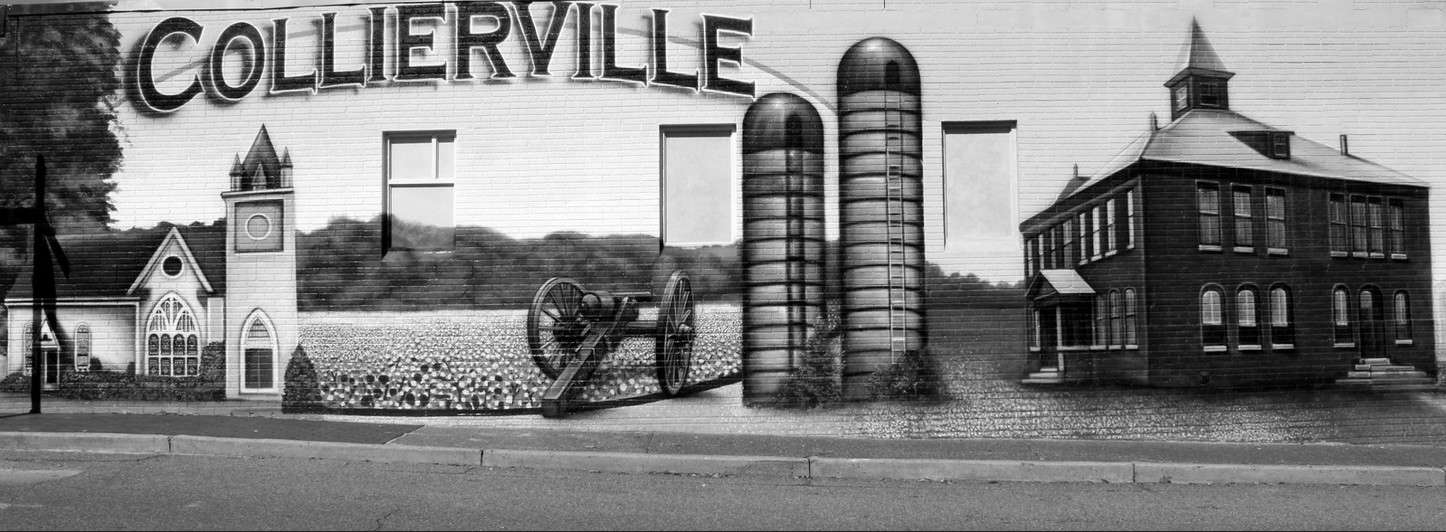On May 16, the Germantown Board of Mayor and Aldermen had its first look at the results of 16 months of research related to the temporary apartment moratorium initiated in January 2018.
As stated in the Resolution 18R03, the purpose of the temporary moratorium was “to allow the city an opportunity to study, research, analyze and/or access the likely impacts and nature of any future apartment and apartment building development in the Smart Code Zoning Districts, including without limitation and as the city deems appropriate, development and demographic trends, aesthetic qualities, burdens upon and access to city services, resources, schools, infrastructure, utilities, parks, public areas/facilities, and emergency and police services, traffic congestion, public safety, and neighborhood characteristics.”
The moratorium was initiated out of local public concern that “comparatively dense developments, such as apartments and apartment buildings, could result in disproportionate impacts on city resources and services (including water, utility, and sewer demands, traffic impacts, schools, public safety demands, etc.) compared to other forms of residential development.“
This report fulfills the basic purpose of the moratorium by studying, researching, and analyzing past experience in order to determine the likely impact future apartment and apartment building development within the Smart Code Zoning Districts will have on city services.
The study is arranged into four key areas of concentration:
Infrastructure and Transportation Systems
Public Safety: Fire and Emergency Medical Services
Public Safety: Police
Germantown Municipal School District
The findings of the report are based on research making use of all relevant and available data within each of the key areas of concentration.
Although the stated, narrow purpose of the study was to research and analyze the likely impacts of apartments and apartment buildings on city services, the research team expanded the scope of work to present apartment development findings within the greater context of all dwelling categories and of a potential scenario for maximum city-wide residential build-out over the next 10 years.
By doing so, the city will have a better understanding of how city services may be impacted by all residential development decisions going forward, will be equipped with valuable information to aid in future development decision-making processes, and will be more effective in aligning today’s resources with the needs of tomorrow.
